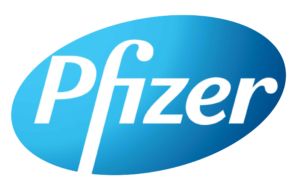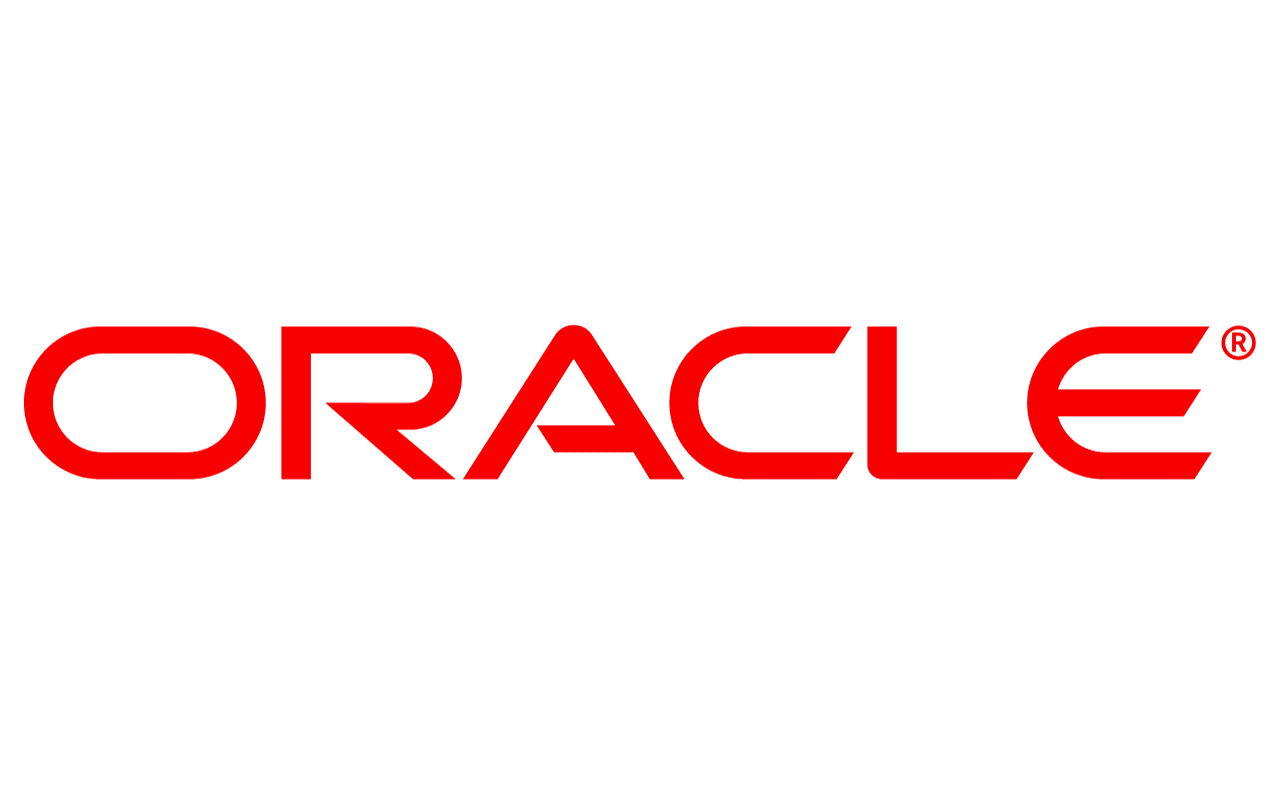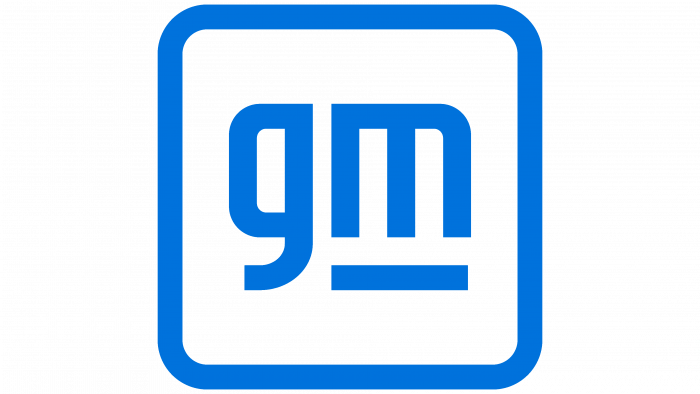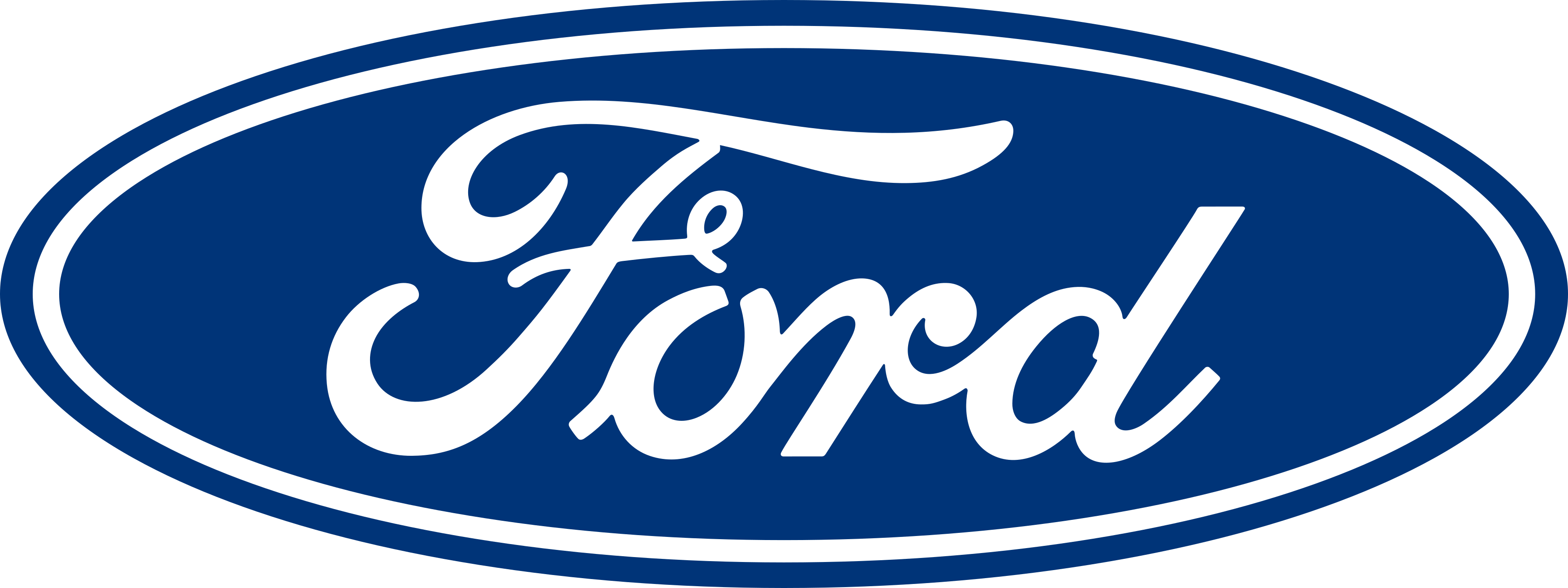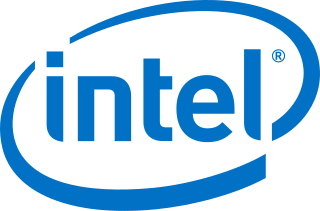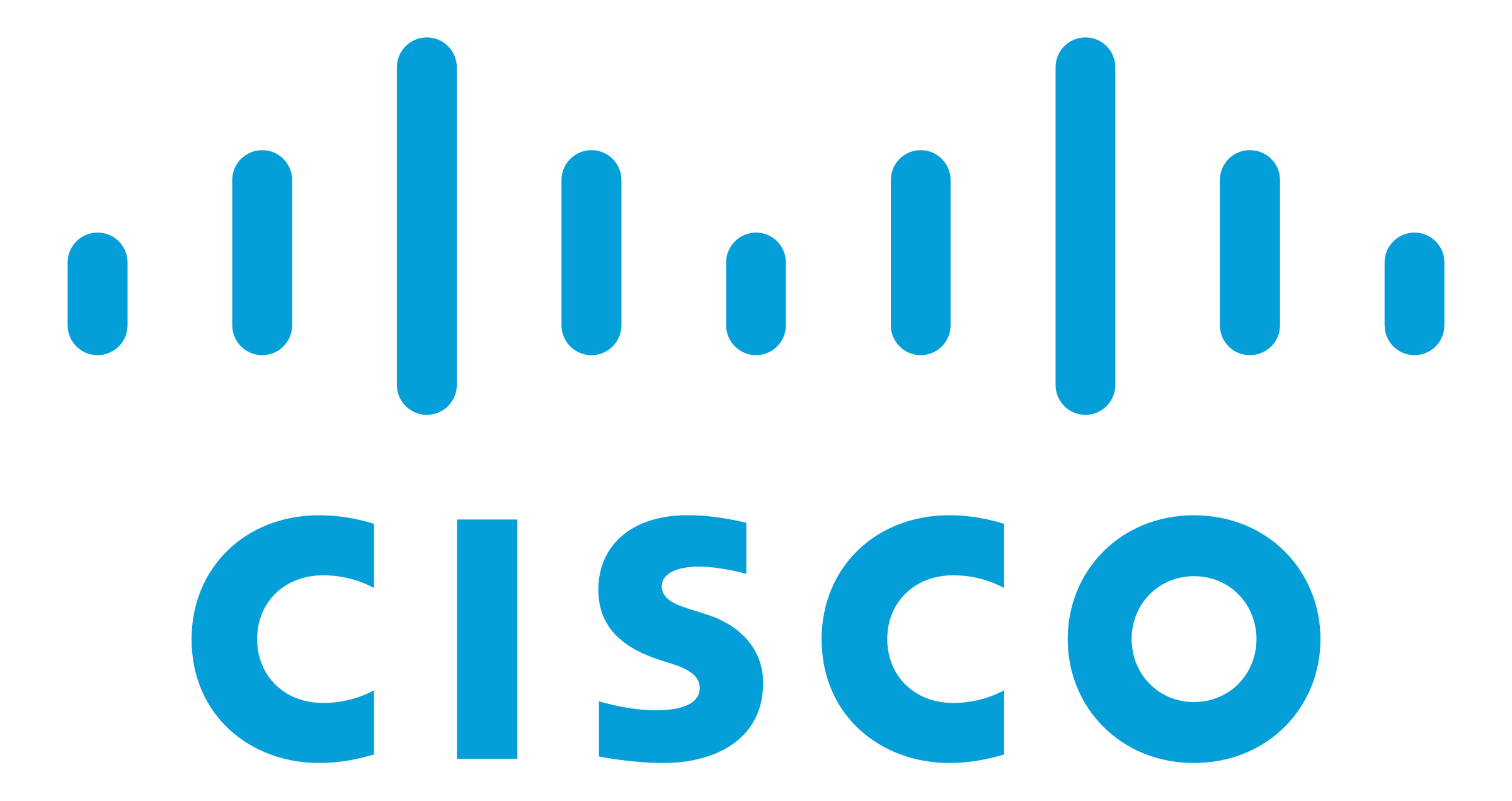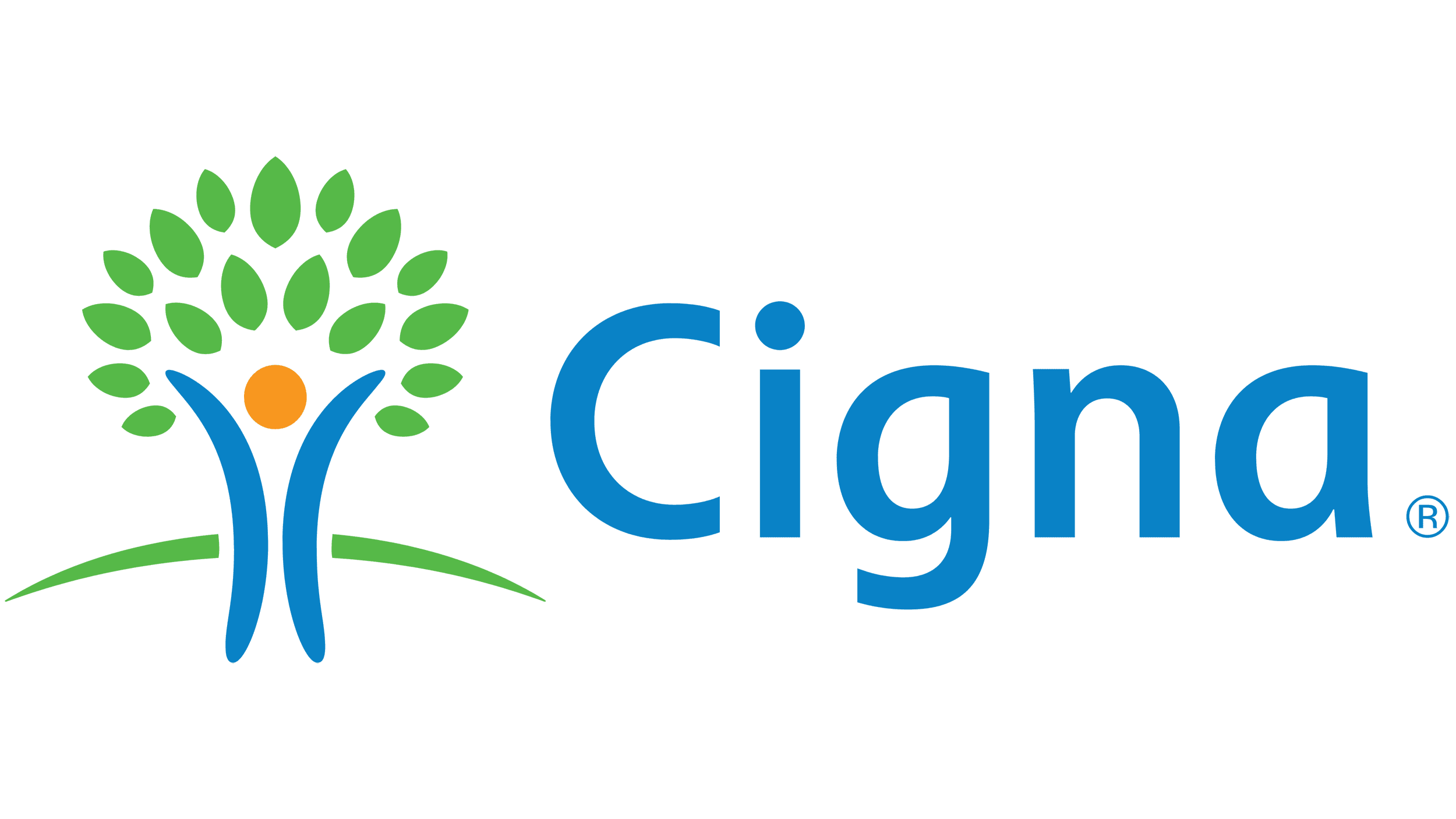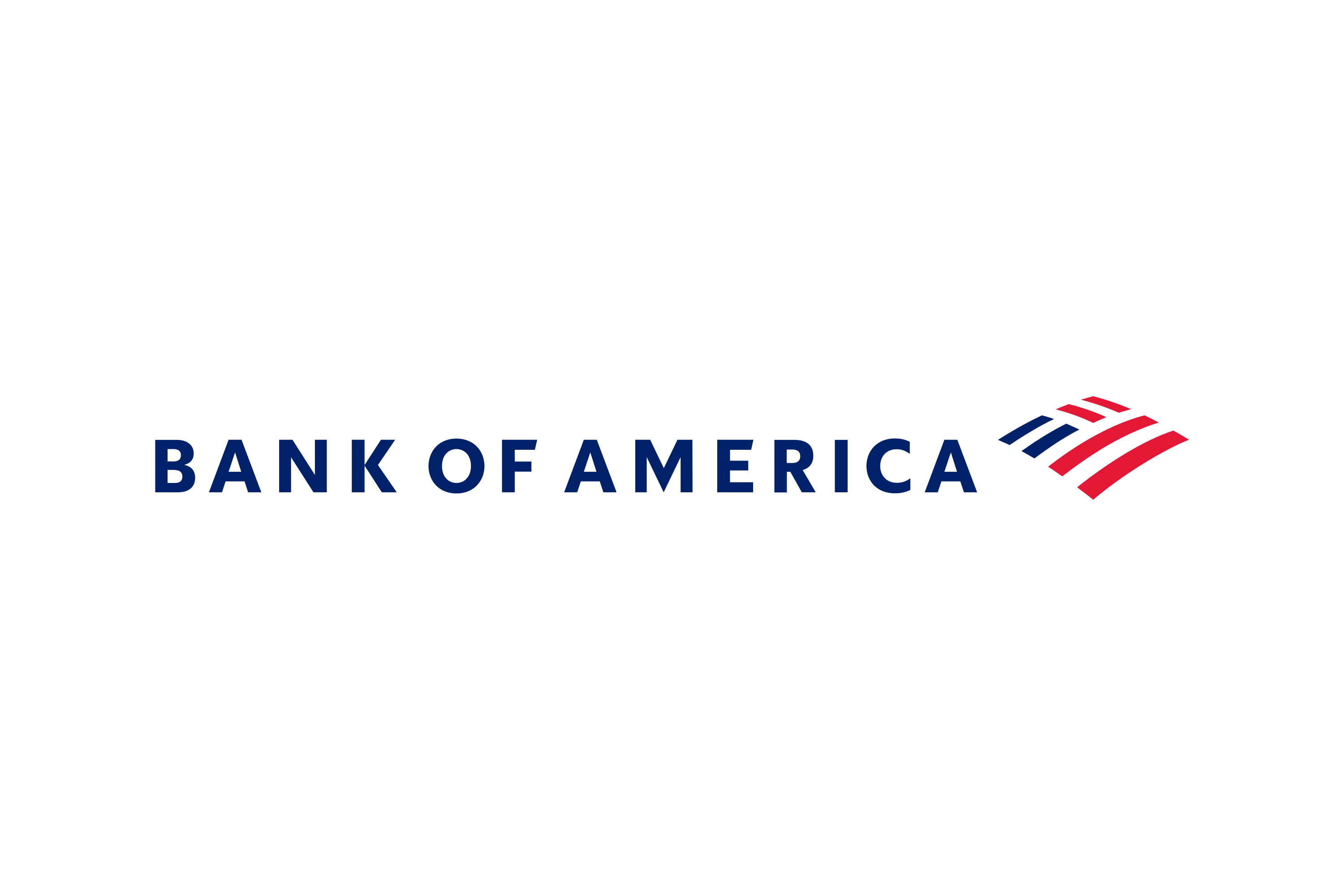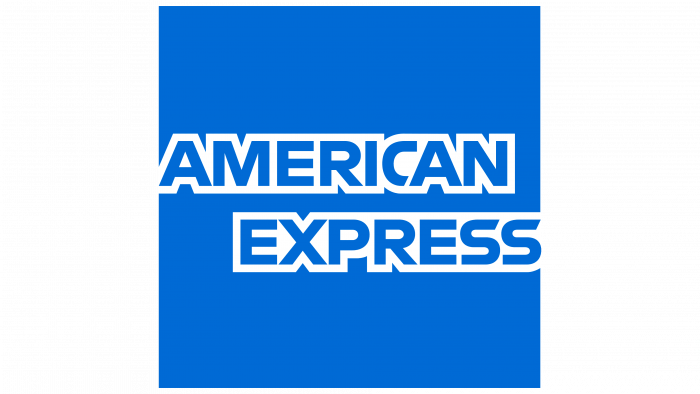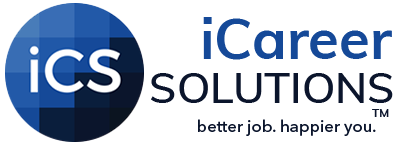How to Answer a Job Interview’s ‘Why’ Questions
In job interviews, ‘Why’ questions are more than just routine queries; they are crucial for employers to understand a candidate’s motivations and how well they fit with the company’s culture.
The role of ‘Why’ questions in job interviews is pivotal. They extend beyond evaluating technical skills or professional background to exploring the candidate’s deeper professional inclinations. Your ability to answer ‘Why’ questions effectively can make or break your interview performance.
If you’re preparing for a job interview, this guide is for you. We will explore the types of these questions and provide you with the knowledge and tools to prepare thoughtful and strategic responses.
Want to save time?
Let us help you land your next executive position by crafting the best resume/LinkedIn profile or by managing your entire job search. Here’s more information about our Executive Resume Writing Services and Reverse Recruitment Service. Book a call today to speak directly with our CEO and Founder, Arno Markus!
Industry Stats: According to the U.S. Bureau of Labor Statistics (BLS), the employment of top executives is projected to grow 6% from 2021 to 2031, which is about as fast as the average for all occupations.
Types of 'Why' Questions in Job Interviews
Job interviews often feature a variety of ‘Why’ questions, each designed to assess different aspects of your candidacy. To excel in interviews, it’s crucial to comprehend the distinct categories of ‘Why’ questions and know how to respond effectively. Let’s delve deeper into each type of ‘Why’ question and provide examples from various industries to illustrate their nature.
Motivational ‘Why’ questions
Motivational ‘Why’ questions aim to uncover your motivations, values, and career aspirations. They help interviewers assess whether your goals align with the company’s mission and the role you’re applying for. To respond to these questions:
- Reflect on your genuine motivations and values that drew you to the company or role.
- Connect your aspirations to the organization’s mission, culture, or values.
- Be specific and passionate in your responses.
Example for a Tech Company:
Question: “Why are you interested in working for our tech company?“
Response: “I’ve always been inspired by innovation and technology’s transformative power, which are central to your company’s mission. I admire how your commitment to pushing boundaries aligns with my passion for staying at the forefront of technological advancements. Furthermore, your company’s reputation for fostering creativity and collaboration makes me excited about the potential to contribute meaningfully to your team.”
Situational ‘Why’ questions
Situational ‘Why’ questions are designed to evaluate how you might handle specific scenarios or challenges related to the job. They assess your problem-solving skills and decision-making abilities. To respond effectively:
- Use the STAR (Situation, Task, Action, Result) method to structure your answers.
- Provide a clear context for the situation and the task at hand.
- Describe the actions you took, explaining why you chose that approach.
- Highlight the positive results of your actions.
Question: Why did you leave your last job?
Sample Answer: “I had a fantastic learning experience at my last job, which allowed me to develop my skills in digital marketing significantly. However, I am now looking for an opportunity where I can apply these skills on a larger scale and in a more challenging environment. Your company’s innovative approach to marketing and global presence offers the kind of growth and learning opportunity I am seeking.
Question: “Why do you think you’re the right candidate to handle our company’s tight publishing deadlines and fast-paced environment?”
Response: “In my previous role in the publishing industry, we faced similar challenges when dealing with tight publication deadlines. For example, there was a project where we had to release a highly anticipated book within a limited timeframe. I proactively organized the editorial team, streamlined the proofreading process, and introduced a more efficient workflow. I believed in the importance of meeting readers’ expectations and maintaining quality. As a result, we consistently met deadlines and received positive feedback from readers, which I believe is essential for your company’s success.”
Behavioral ‘Why’ questions
Behavioral ‘Why’ questions delve into your past experiences and behaviors to predict your future performance. They typically follow the STAR method and assess your ability to meet job requirements. To respond effectively:
- Choose relevant examples from your past experiences.
- Describe the situation or challenge you faced.
- Explain why you chose a specific course of action.
- Emphasize the positive outcomes or lessons learned.
Example of a Retail Company:
Question: “Can you provide an example of a time when you had to resolve a conflict with a team member? Why did you choose that particular approach?”
Response: “Certainly. In my previous role in a retail setting, there was a situation where a team member and I had differing opinions on visual merchandising. Instead of escalating the conflict, I initiated a one-on-one conversation to understand their perspective and concerns. I chose this approach because I believe in open communication and teamwork. By addressing their concerns and finding common ground, we were able to create a visually appealing display that boosted sales and improved our collaborative dynamics.”
Preparing for 'Why' Questions
Preparing for a job interview is more than just rehearsing answers; it involves a systematic approach that sets the foundation for successful responses to ‘Why’ questions.
Before your interview, it’s essential to gather in-depth knowledge about the company and the specific role you’re applying for. This research serves as the cornerstone for meaningful responses to ‘Why’ questions. Here’s how to do it:
Company Research:
- Explore the company’s website, mission statement, and core values.
- Read recent news articles or press releases about the company.
- Review the company’s products or services, target audience, and competitors.
- Investigate the company’s culture and work environment through online reviews or employee testimonials.
Role Research:
- Carefully study the job description and responsibilities.
- Identify key skills and qualifications required for the position.
- Research the department or team you’ll be a part of, if applicable.
- Understand how the role contributes to the company’s goals and objectives.
- Prepare specific examples from your past that demonstrate your ability to meet the requirements.
Identifying Your Own Motivations and Goals
Before the interview, take the time to reflect on your motivations and career goals. This self-assessment will help you provide authentic and compelling answers to ‘Why’ questions:
- Consider what excites you about the role and the company.
- Reflect on your long-term career aspirations and how this role aligns with them.
- Identify your strengths, values, and how they complement the job and organization.
Practice and Mock Interviews
To excel in job interviews, it’s vital to dedicate time to practice and refine your responses. Here’s why practice is essential and how to go about it effectively:
The Value of Practicing Your Responses
Practicing your responses helps you become more comfortable and confident during interviews. It allows you to refine your answers, making them more concise and impactful.
Practicing helps you avoid stumbling over words or getting flustered when answering tough questions. It helps you internalize key points and examples you want to highlight.
Conducting Mock Interviews with Friends or Mentors
Mock interviews with friends or mentors provide a safe space to simulate interview conditions. They allow you to receive constructive feedback on your responses, body language, and overall interview performance.
Friends or mentors can pose challenging questions and offer valuable insights into your strengths and areas for improvement. Mock interviews help you identify areas where you may need more preparation and focus.
Refining Your Answers Based on Feedback
After mock interviews, take time to reflect on the feedback received. Consider areas where you can enhance your responses, such as providing more specific examples or improving your delivery. Make necessary adjustments to your answers and practice them again to build confidence. Continuously refine your responses based on the feedback you receive, striving for clarity and impact.
Non-Verbal Communication
Non-verbal communication is a critical component of successful job interviews, particularly when responding to ‘Why’ questions. Here’s a closer look at its significance and how to effectively use it:
- Body Language: Maintain an open and engaging posture. Sit up straight to show attentiveness, and use natural hand gestures to emphasize points. Good eye contact demonstrates confidence and interest in the conversation.
- Facial Expressions: A genuine smile can convey a positive attitude, while maintaining a composed expression reflects professionalism. Avoid showing signs of tension or discomfort, as they may distract from your message.
- Tone of Voice: Speak clearly and at a moderate pace to ensure your points are well understood. Varying your tone helps in expressing enthusiasm and conviction in your responses. Avoid monotone delivery, which can appear disengaged.
- Confidence and Composure: Prepare thoroughly to boost your confidence. Use deep breathing techniques to manage nerves, and remind yourself of your qualifications and strengths. Visualize a successful interview experience to maintain a positive and composed demeanor.
Do’s and Don'ts When Answering 'Why' Questions
When it comes to answering ‘Why’ questions in a job interview, it’s essential to strike the right balance between being informative and staying on point. Here are some key strategies to keep in mind, along with common mistakes to avoid.
What to Do
- Be Concise and Focused: Your answers should be clear, direct, and to the point. Providing too much information can dilute the impact of your response.
- Emphasize Positive Motivations: Always frame your experiences positively. Even when discussing challenges or reasons for leaving a job, focus on what you learned or how you’ve grown.
- Reflect Before You Respond: Taking a moment to think about your answer shows that you are thoughtful and considerate. It helps in delivering a more meaningful response rather than a spontaneous one.
- Incorporate Specific Examples: Ground your answers in real experiences. Sharing specific examples from your past professional life adds depth and authenticity to your responses.
- Show Genuine Enthusiasm: Expressing real interest in the role and the company makes your application stand out. It shows you’re motivated and eager to contribute.
- Customize Your Responses: Tailor your answers to match the job description and company culture. Showing that you understand and align with the company’s goals can significantly enhance your response.
What to Avoid
- Speaking Negatively About Past Employers: Negative comments about your previous job or employer can be perceived as unprofessional. Always maintain a positive or constructive tone, even when discussing difficult situations.
- Being Vague: General or non-specific answers weaken your response. Providing details makes your answers more credible and engaging.
- Sounding Overly Rehearsed: While preparation is important, your answers should still feel natural and spontaneous. Over-rehearsed responses can come off as insincere.
- Avoiding the Question: Tackle ‘Why’ questions directly, even if they seem tough. Skirting around an answer can suggest a lack of transparency or preparedness.
- Over-Elaborating on Irrelevant Details: Keep your responses focused and relevant. Straying into unrelated details can make your answer less impactful and suggest a lack of focus.
Mastering 'Why' Questions
To do well in job interviews, it’s important to answer ‘Why’ questions well. These questions help interviewers understand if you’re a good fit for the job and the company. By being honest, doing research on the company, and practicing your answers, you can show how your skills and goals match the job.
Remember, these questions are a chance to show your excitement for the role and how you can contribute to the company. With the right preparation, you can make a strong impression and increase your chances of getting the job.
About iCareerSolutions
iCareerSolutions, America’s #1 Executive and Professional Resume Writing Services, Reverse Recruitment, and LinkedIn Profile Development Company. 28X award-winning resume writers deliver professional resumes that get interviews. We have successfully landed our executive clients senior-level leadership positions at companies like Apple, Amazon, EA, Oracle, GM, Google, Facebook, DoJ, Gap, and 2U just to name a few. iCareerSolutions has 200+ 5-star reviews and offers a 60-day interview guarantee. Every resume template created is Applicant Tracking Systems (ATS) compatible and highly customized to meet your unique needs.
Active Members of The National Resume Writers’ Association (NRWA) │ The Professional Association of Resume Writers & Career Coaches (PARW&CC) │ Career Directors International (CDI) │ Career Professionals (CPC) │ Forbes Coaches Council
One of the Top Multi-Award-Winning Resume Writing Services in the country.
Book a complimentary consultation for your Professionally Managed Job Search now!
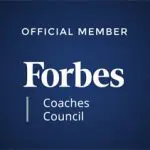
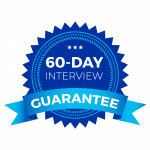
Employers who have Onboarded Our Clients











